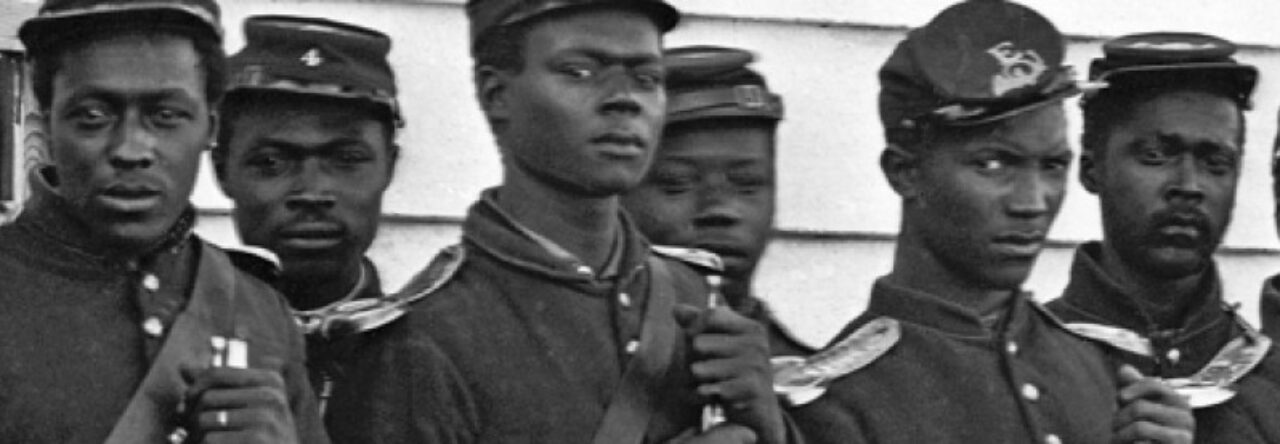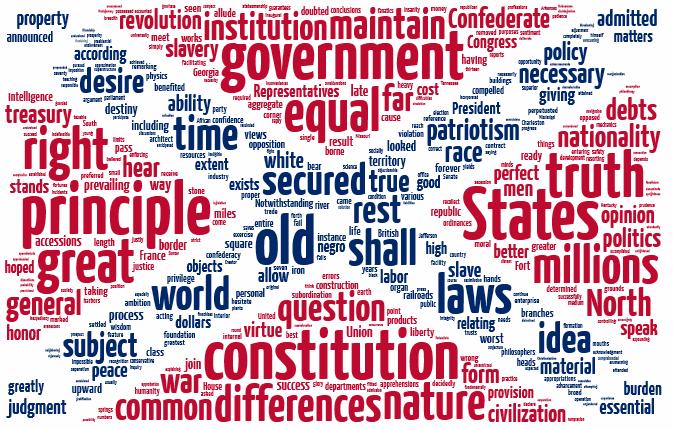Constitutional Firewall. What an interesting phrase. I rolled it around on my tongue a few times and I liked it. Wish I’d coined it, but that credit goes to Allen Guetzo.
Did not know about Guetzo except he delivers internet lectures in an arresting fashion. Searched for more about him and found a few tidbits and a presidential appointment. Which is excellent, because I took what he said as solid historical documentation. His GL lecture explained a good deal of the political intrigue behind Lincoln’s Emancipation Proclamation.
Washington, D.C. was a tough town for Lincoln. He did not have as much support from his fellow republicans as I presumed and surprisingly, one of his military generals, was bent on telling him how to run the country. On top of two prominant snakes waiting in White House front lawn grass, Lincoln’s hands were bound by the constraints of the U.S. Constitution. Firewall indeed. Lincoln had to color within the lines while maintaining the founding fathers’ war powers. But, he did not necessarily have to live by them.
According to Guetzo, Lincoln devised a modern day “buyout” plan. A golden parachute he wanted to offer to border states willing to accept $700 thousands dollars. It was insurance money for Delware, Kentucky, Maryland and Missouri to stay on the side of Union and even better, entice the rebel states back home. It was not a cheap plan. Lincoln needed something though to outmaneuver Roger B. Taney. The US Chief Justice and brother-in-law of Francis Scott Key, was determined to stop Lincoln from declaring maritial law, civil war, his love for his country, heck, he did not want Lincoln doing anything that helped the cause against the South. Taney was not Lincoln’s biggest problem child at the beginning of the war. That honor went to Major General George Brinton (love the middle name) McClellan.
It seems “Little Mac” or “Young Napoleon” was pretty sure of himself during his tenure as Lincoln’s General-in-Chief of the Union Army. At this point in his lecture, Guetzo reminded his audience of a fact I did not know existed. McClellan wrote a missive to Lincoln. Told the chief executive Washington, D.C. would be best run by a military man, a dictator rather than the president! I can see why Lincoln dismissed McClellan’s fanciful notion and then dismissed (now lower case) major general as well. Although, presidents could not afford to fire military leaders, they just reassigned them elsewhere, way elsewhere, so they were no longer important. As Douglas MacArthur, in his famous bitter last words, stated these type of “old soldiers never die, they just fade away.” These “mac” militaries had more in common than I thought!




